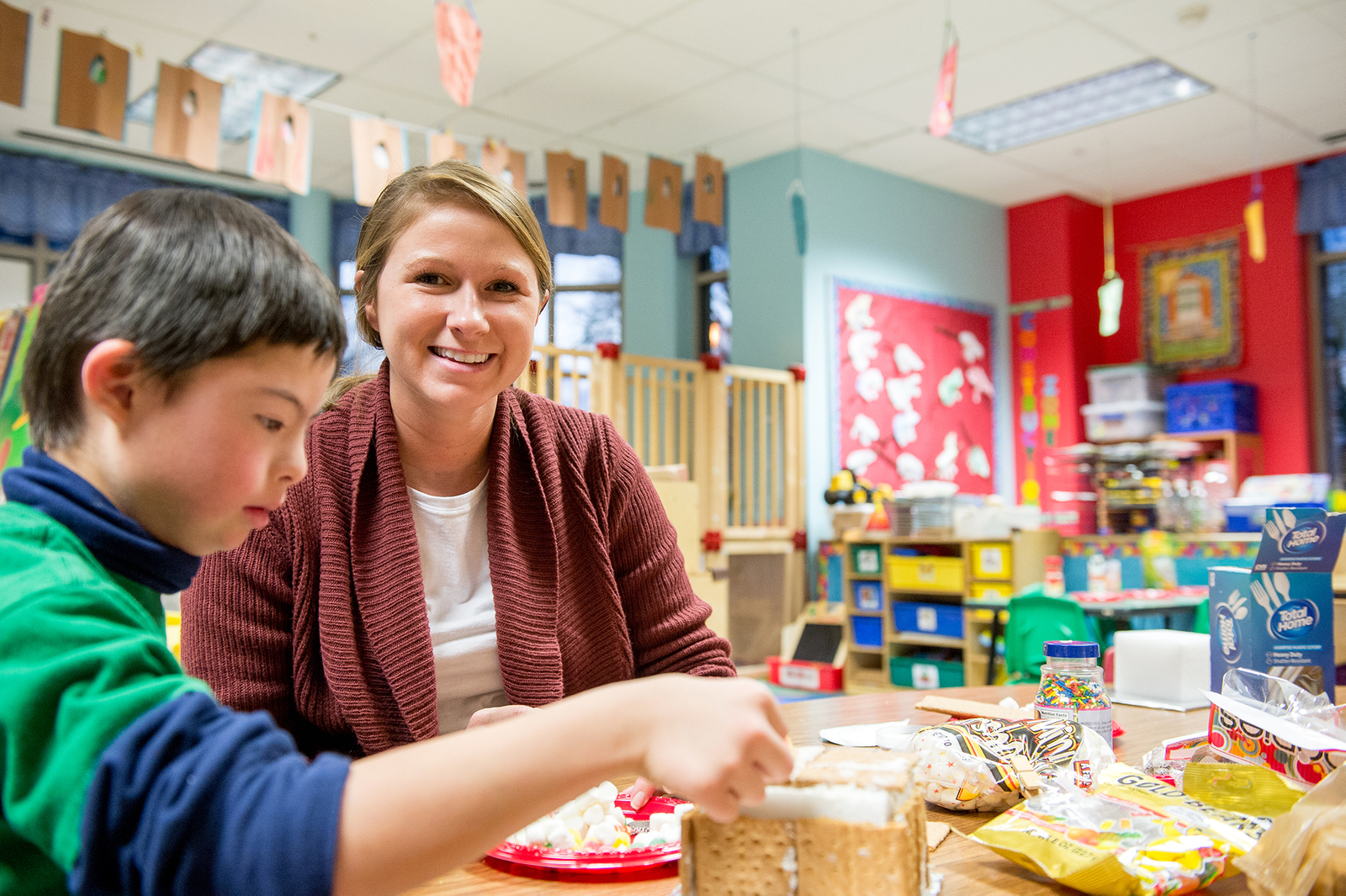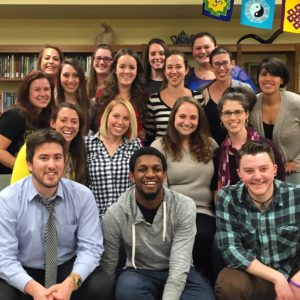I have been teaching at The College of Saint Rose since 2005 and am chair of the School Psychology/Educational Psychology Department. I specializes in cognitive and academic assessment.
I have years of experience as a school psychologist in public, parochial, and charter schools within urban, suburban, and rural districts, and I love bringing my experiences into the classroom to help my Saint Rose students better understand the field.
I have worked in a clinical role at the Kennedy Krieger Institute/Johns Hopkins School of Medicine and a research role at the May Institute prior to coming to Saint Rose. Generally, my research interests include behavioral intervention, neurodiversity, and intervention acceptability.
I bring a strong behavioral perspective and work to expand student access to behavioral training and credentialing.
I have been teaching at The College of Saint Rose since 2005 and am chair of the School Psychology/Educational Psychology Department. I specializes in cognitive and academic assessment.
I have years of experience as a school psychologist in public, parochial, and charter schools within urban, suburban, and rural districts, and I love bringing my experiences into the classroom to help my Saint Rose students better understand the field.
I have worked in a clinical role at the Kennedy Krieger Institute/Johns Hopkins School of Medicine and a research role at the May Institute prior to coming to Saint Rose. Generally, my research interests include behavioral intervention, neurodiversity, and intervention acceptability.
I bring a strong behavioral perspective and work to expand student access to behavioral training and credentialing.




